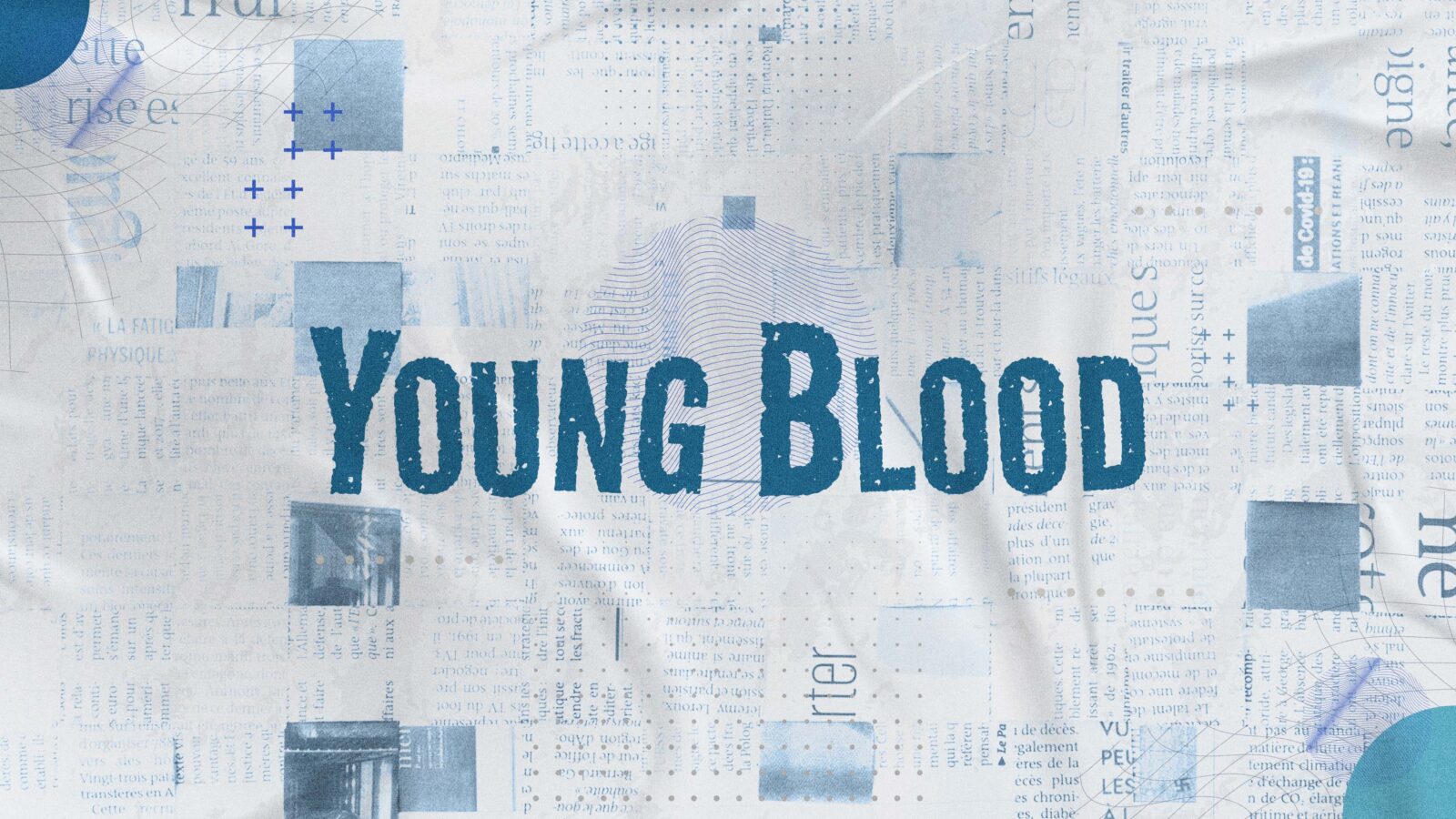Filipino dream

I always envisioned Metro Manila as a city filled with wonders and where dreams are made. From the maximalist lifestyle magazines to the teleseryes I watched during my childhood, I jumped to the conclusion that when you’re in Manila, you’re down to make it big and achieve this thing I call the “Filipino dream.”
This idea came from the deeply ingrained “American dream,” where anyone, regardless of race or background, can achieve success through unwavering, rigorous determination.
As a product of a small municipality in the province, I believed that Manila would give you the success that your heart has been longing to achieve as long as you work hard. And this was the ideology of many Filipinos from the province who view Manila as a city of luxury where only the chosen few can go and become successful.
And so I went to Manila to turn that idea into a reality. I became a scholar at a big state university, while also taking the course that aligns with my dream. Months went by, but that dream was never going to come true.
In Manila, this idea of a perfect metropolis was shattered by the harsh realities I witnessed. From the pickpockets of Quiapo to the unsheltered families near the MRT-2 Recto station, the conditions showed me that Manila also failed many people who were chasing the same dream I had from the beginning.
I gaslit myself that it’s their problem, not the city’s. I told myself that maybe if they worked hard enough, they would survive Manila and attain that aspiration they longed to achieve. But upon reflection, I concluded that it was not about working hard. After years of being in the city, I concluded that many of these “rich” people from the city are not actually “rich,” but rather, staying afloat and finding ways to survive the nightmarish electric bills and expenses of everyday life.
I was one of those people trying to stay afloat. From the high costs of food to a dorm room, I found myself struggling to hold it all together. Some suggested I look for a job and become a working student. Taking a course that demands my attention 24/7 and intense focus, it would just be a struggle not just for me but also for the person who will employ me as well. And even if I tried, I would have a hard time.
There were times that I tried to quit, but I couldn’t. It was impossible to turn back. I kept hoping that my time to reach the “Filipino dream” was just delayed. But that was not the case.
Then the realization struck me: the Filipino dream is just a social construct. This idea, ingrained in me from childhood, has been a lie. Not every single Filipino in this country will achieve this dream. Sure, there are some, but if you look closely, their stories are not perfect as the books and the internet always told. From the people they sacrificed, such as family and friends, to the gambles that almost cost them their sanity. You can definitely see that they did everything, but at a cost. And I don’t want this to happen. I want to achieve this dream with everyone who was with me at the time I was at the bottom. I don’t want to sacrifice them just for the sake of money and fame, which could only give me temporary pleasures.
After months of thinking, I finally stopped chasing that idea. It was hard at first, considering that my whole life has been running because of that sole reason. I felt lost and had no purpose. I wanted to believe in the idea, but it was toxic. But then I realized how I became free after removing this idea from my psyche. It felt like I was running in a field where the green grass and flowers flowed with the wind. I found the peace that I’ve been yearning for while chasing this dream.
The more I thought about it, I realized that I valued my relationships more than before. The realization came to me when they were all ears as I rambled about my ambitions, listening wholeheartedly as if I were talking to a priest in a confession booth. My mind was clear, my thoughts flowed as if a thorn was plucked from my mind, and the discomfort stopped.
To the person reading this, who, like me, is in Manila and also has a tight grip on this idea: Please let it go. Don’t be like me. The decaying city already has millions, if not billions, of broken dreams left alone on the dirty streets of Metro Manila.
—————
Jafar Banson, 18, is an incoming freshman student at the Polytechnic University of the Philippines.

















Receipts of deception